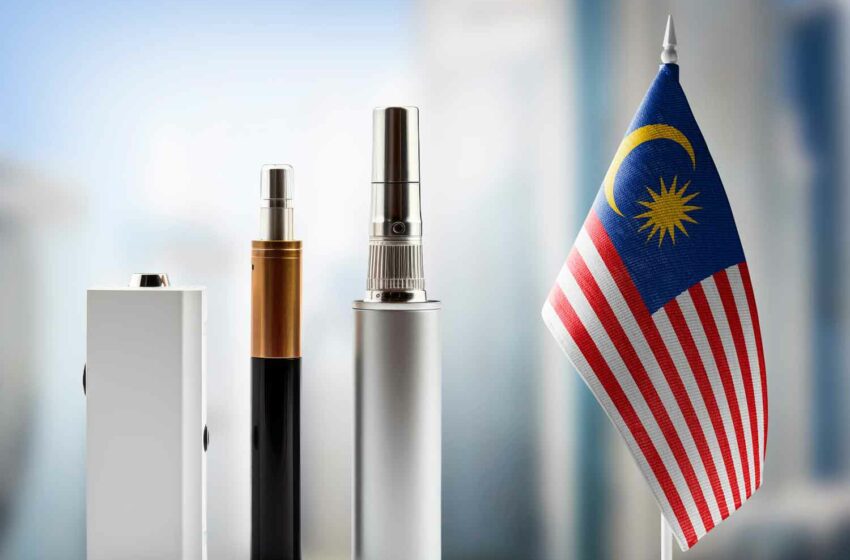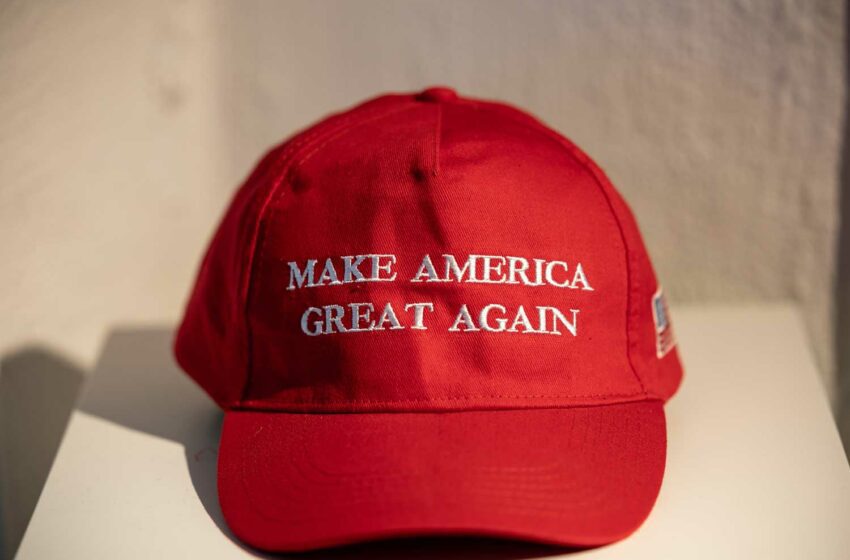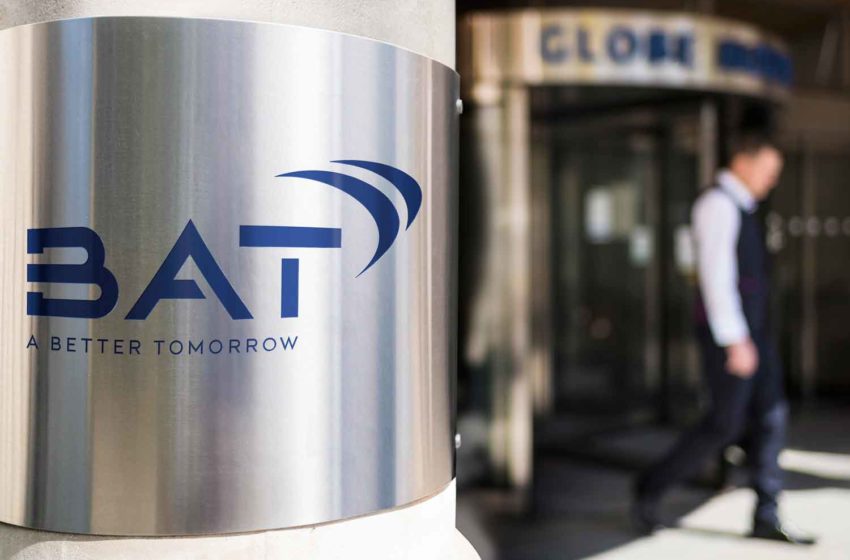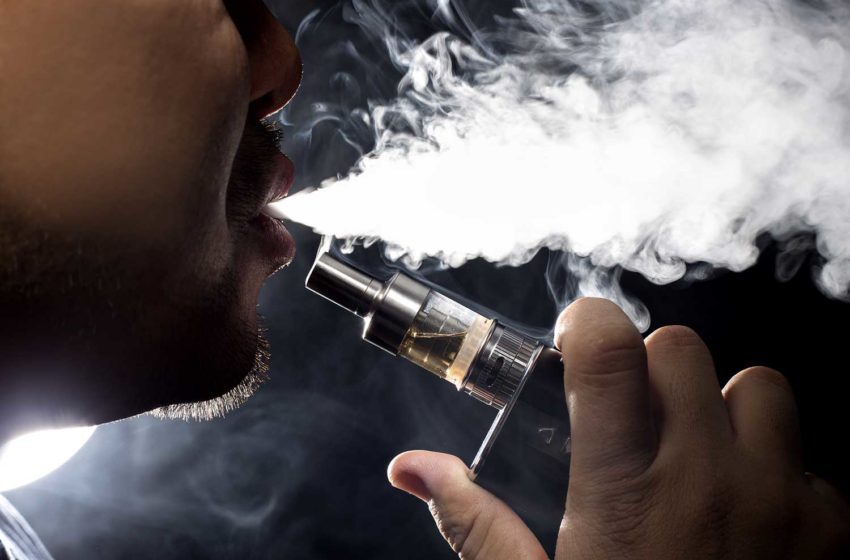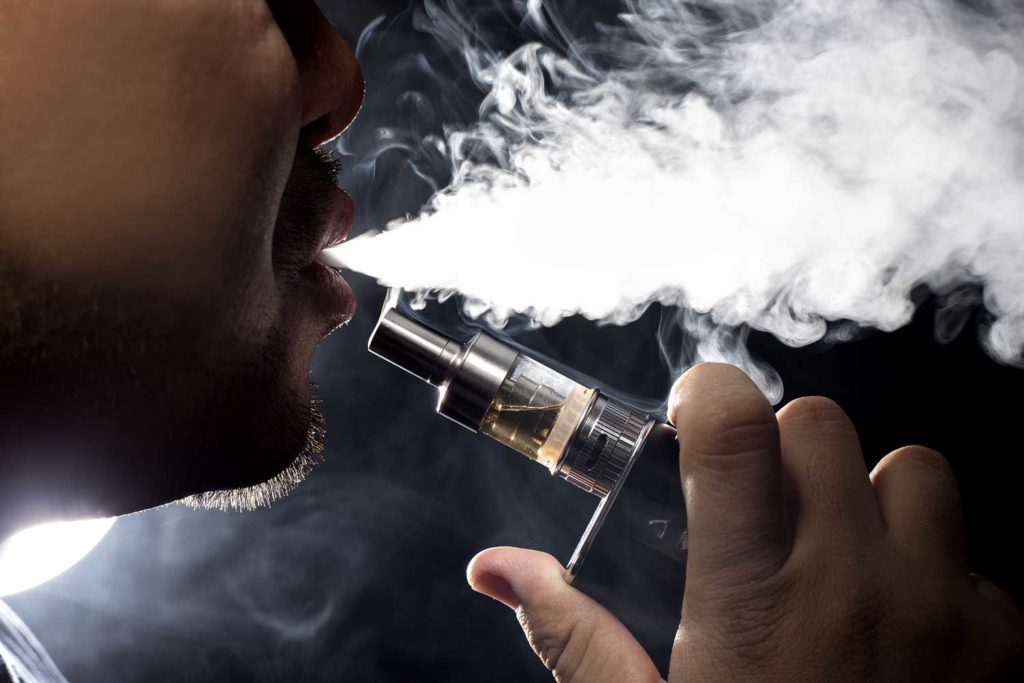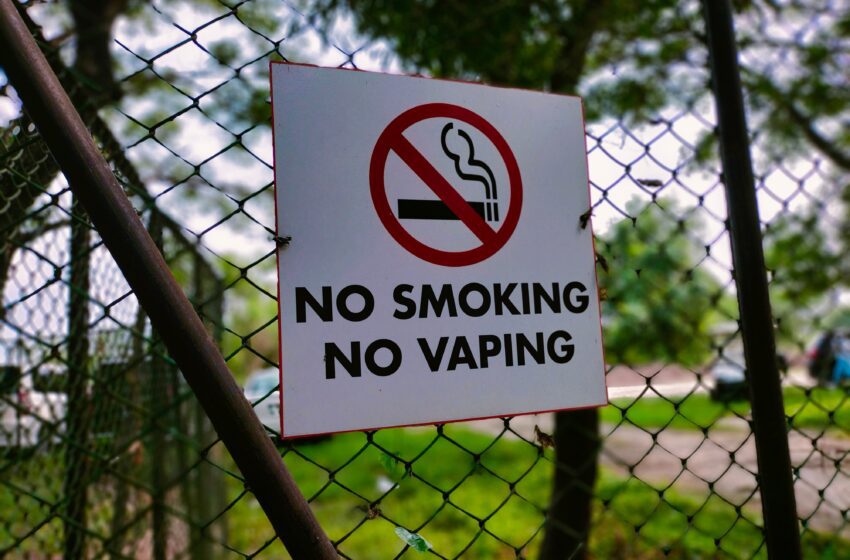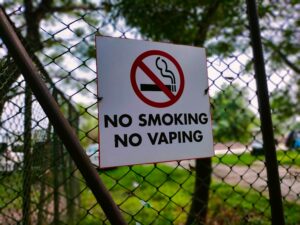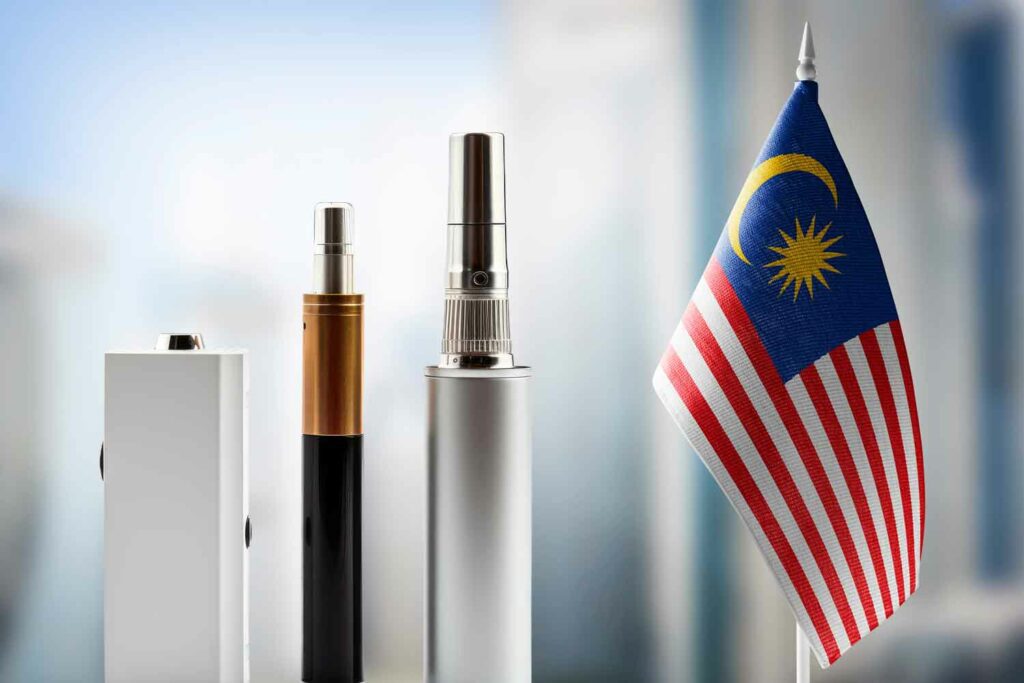
A recent survey by the Malaysian Vapers Alliance (MVA), a local advocacy group for vape consumers, showed that many vapers oppose the retail display ban that is expected to be implemented.
Following the survey, MVA has raised concerns over critical elements of the Control of Smoking Products for Public Health Act 2024 (Act 852).
The survey, which garnered close to 500 responses, aimed at understanding consumer perspectives on the impending regulations.
The survey showed that 71.3% of respondents do not agree with the ban, citing dissatisfaction with the inability to browse through products before making a decision (39.7%) and difficulties in the purchasing process (38.3%).
The survey also uncovered that if the retail display ban occurs, consumers will likely seek illegal alternatives (47.4%) or return to smoking cigarettes (44.5%).
Only a tiny percentage (8.1%) indicated they would quit vaping altogether if faced with such restrictions.
In commenting on the findings, MVA president Khairil Azizi Khairuddin emphasized the potential dangers of pushing consumers towards unregulated products.
“The survey findings clearly show that a retail display ban is not the solution,” said Khairuddin. “Restricting consumers’ ability to see and choose legitimate products will only drive them to the black market, where the quality and safety of products are questionable.
“This is not the direction we want to go in, mainly as vaping serves as a harm-reduction tool for many who are trying to move away from smoking.”

